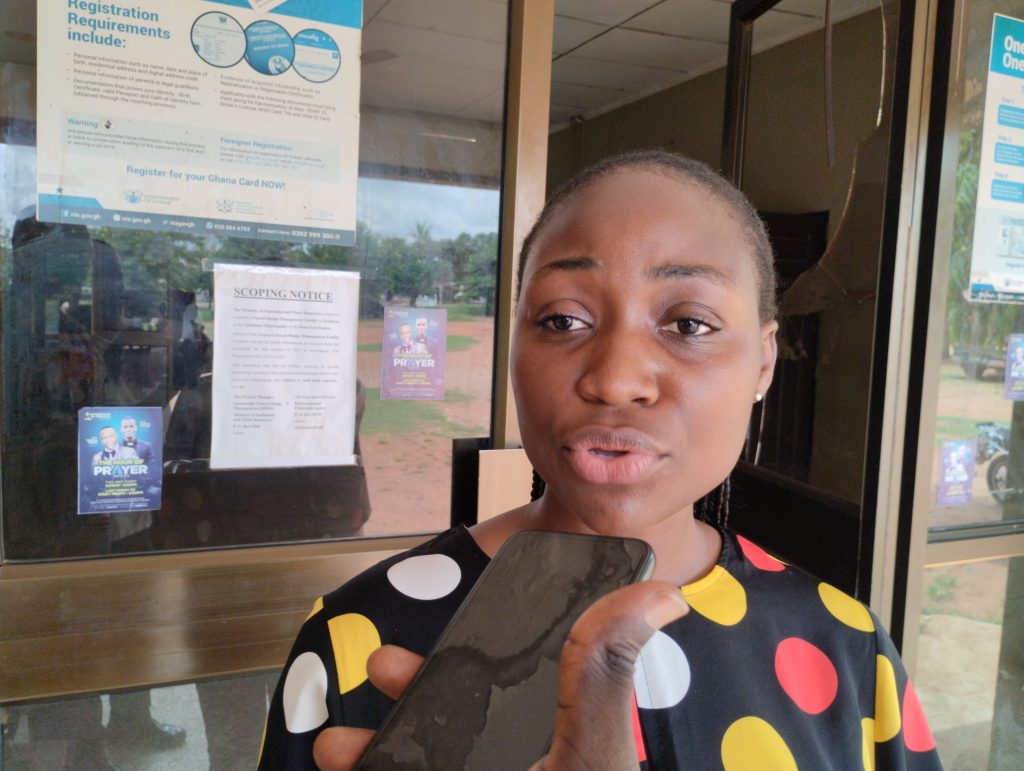By Jerry Azanduna
Techiman (BE/R), April 26, GNA – EcoCare-Ghana, a right-based not for profit orgnisation supporting people in forest fringe communities, has called for more enforcement anti-bush burning laws to protect the country’s green cover.
Ms Vassileva Alorvor of the EcoCare-Ghana told the Ghana News Agency (GNA) in an interview at Techiman in the Bono East Region that the transition zone of Ghana was prone to rampant wildfires and deforestation, which were largely human induce.
That, she said, was exacerbated with extreme temperatures resulting from the effects of climate change.
The interview was granted at the end of at a two-day sensitisation programme on byelaws that protect the environment and sustainable land management, under the Landscape and Environmental Agility across the Nation (LEAN) project.
Ms Alorvor said uncontrollable bush fires destroyed farmlands, killed soil microorganisms and led to soil compaction, which contributed to land degradation and declining soil fertility to raise food security concerns.
To achieve sustainable landscape management at the local level, enacting and enforcement of environmental protection by-laws would be instrumental in addition to the sensitisation and awareness creation of the regulations.

She stated that the EcoCare Ghana employs practical and achievable strategies in addressing environment related challenges through breaking of technological and knowledge barriers by adopting and advocating integrated land management, while incorporating climate vulnerability and risk mitigation into decision making.
It builds the capacities of farmers in acquiring such knowledge in boundary planting to safeguard against wildfires, mulching and improved planting techniques for soil moisture conservation, she added.
Seventy farmers and land management officers attended the LEAN project bushfire laws sensitisation programme.
The project seeks to contribute to national efforts of conserving biodiversity, improving livelihoods of smallholder farmers, increasing climate change resilience and reducing emissions from land use changes of selected communities in Ghana.
Mr Amadu Bermah Suleman, a legal practitioner, urged the participants to adhere to the bye laws as that would safeguard their interest in protecting the environment, their properties as well as others to help reduce litigations in the area.
Madam Grace Yaa Anane, participant from the Nkwaeso community, called for frequent training on such issues to remind them to always help protect the environment.
He urged all to abide by the bye laws enacted by the Assemblies to ensure a safe and clean environment.
GNA